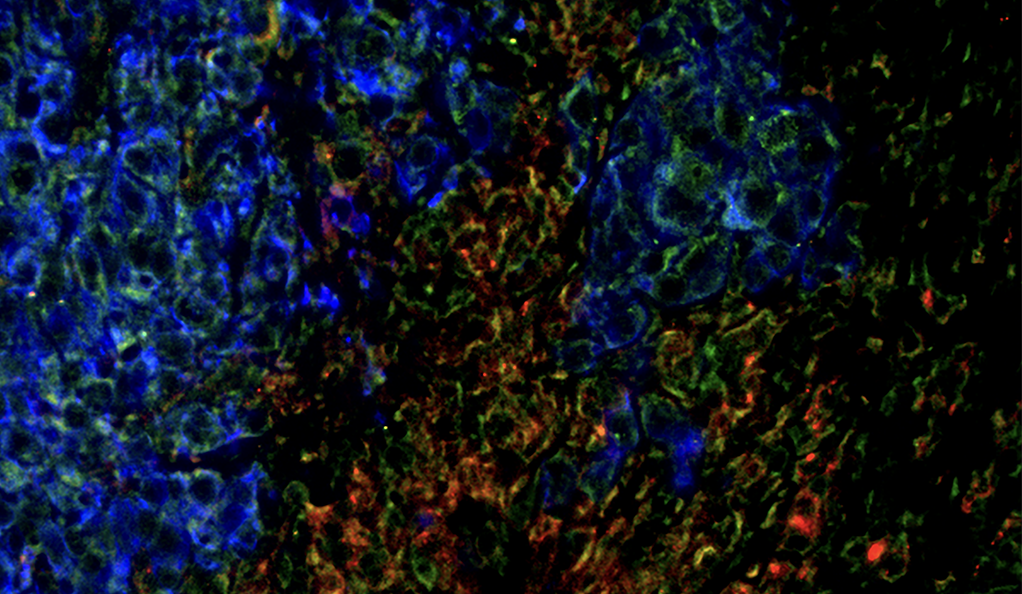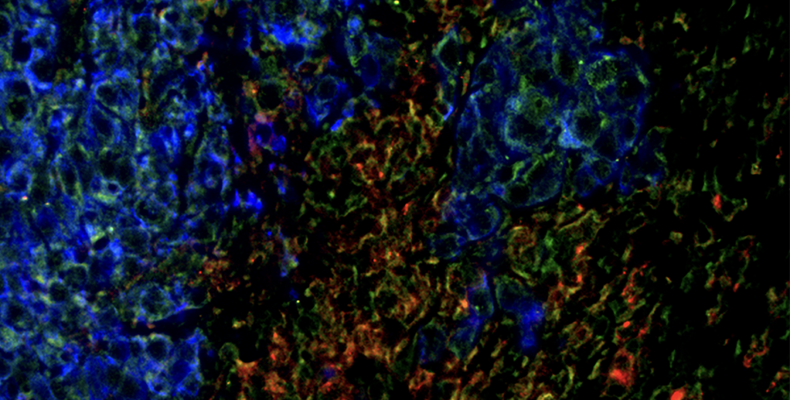One of the most common terminal aspects of cancer is metastases to the brain. It still remains unclear how cancer cells travel to the brain and establish tumors. A major challenge in studying brain metastasis has been the availability of tumor tissue since most patients do not necessarily undergo surgery. It is also unclear how different regions of the brain influence the biological behavior of metastatic tumors relative to their primary sites in the body.

A team from Yale Cancer Center recently described a technique that examines how metastatic tumors interact with the brain microenvironment and in the process establish tumors. The researchers established various human cancer cells in the brains of mouse and used a technique that can distinctly examine and segregate gene expression changes associated with the tumor cells versus the surrounding non-tumor cells (stroma). By examining these unique gene expression changes, the researchers were able to decipher mechanisms involved with brain metastasis formation.
“Once tumors metastasize in the brain, most drug therapies are no longer effective. There’s a big question whether that’s because those drugs are not getting into the brain, which is a difficult place for drugs to penetrate, or because additional mechanisms are at work.”
Don Nguyen, associate professor of pathology at Yale Cancer Center
“We’re seeing changes in thousands of genes induced by the tumor microenvironment. I would never have imagined that so many genes change just when you grow cells in a different context.”
Emily Wingrove, graduate student & co-lead author at Yale Cancer Center
The researchers hope that through this strategy of examining and deciphering gene expression changes that occur as brain metastases form, there is a great potential to identify new biomarkers that could signal early metastases development and hence permit early cancer detection.
The Yale Cancer Center is now researching potential existing drugs against some of the targets that they identified in this study, “Transcriptomic Hallmarks of Tumor Placticity and Stromal Interactions in Brain Metastasis”.

